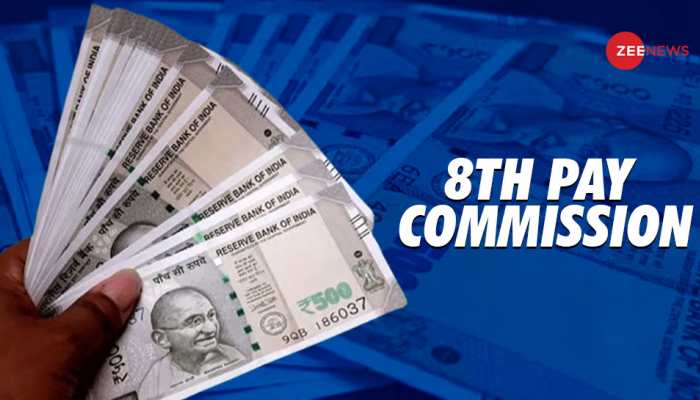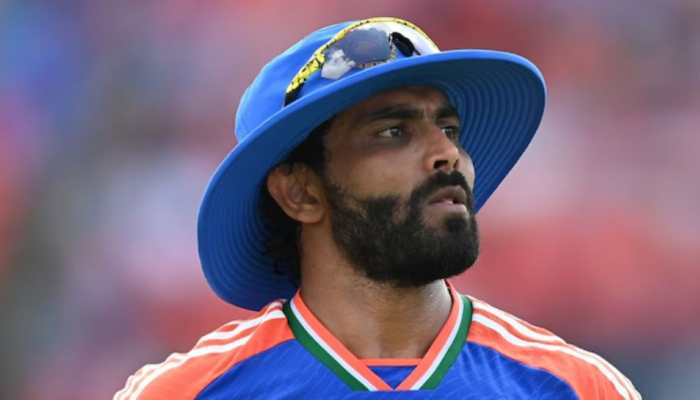India tightens Covid guidelines; screening stepped up at airports, RT-PCR report may be mandatory for international passengers
As the government tightens COVID-19-related guidelines, the sources said filling up of 'air suvidha' forms and 72-hour prior RT-PCR testing may be made mandatory from next week for international passengers coming from China, Japan, South Korea, Hong Kong, Thailand and Singapore.
Trending Photos
)
New Delhi: Amid an unprecedented spike in new cases of coronavirus infections, the Government of India has tightened the Covid-19 guidelines and stepped up thermal screening and testing of international passengers arriving at the airports from most-hit countries including China. According to government sources, negative RT-PCR reports may soon become mandatory for passengers arriving from China and five other countries from next week. The official sources also cautioned that the “next 40 days” will be crucial as India may see a Covid surge in January.
As the government tightens COVID-19-related guidelines, the sources said filling up of 'air suvidha' forms and 72-hour prior RT-PCR testing may be made mandatory from next week for international passengers coming from China, Japan, South Korea, Hong Kong, Thailand and Singapore.
Even if there is a wave, deaths and hospitalisation will be very low, the Health Ministry sources said. "Previously, it has been noticed that a new wave of COVID-19 hits India around 30-35 days after it hits East Asia.... This has been a trend," an official said.
As Covid gets back on the radar with a surge in China and people worry about another wave in India, some scientists have called for a reality check. The situation in India where a large number of people have been exposed to the virus and also been vaccinated is quite different from that in China. The likelihood of a new big COVID-19 wave in India is very low, an expert said.
It may be recalled that at least 39 international passengers have been found positive for COVID-19 out of the 6,000 tested on arrival in the last two days. Union Health Minister Mansukh Mandaviya will also visit the airport in Delhi on Thursday to take stock of testing and screening facilities there, they said.
The proposed tightening of Covid guidelines and warning of a fresh surge comes days after Health Minister Mandaviya asked Congress leader Rahul Gandhi to consider suspending the Bharat Jodo Yatra if COVID-19 protocols could not be followed.
The yatra, currently on winter break, will resume on January 3. The government has already sounded an alert and asked states and Union territories to prepare for any eventuality. Following the surge, the government made random coronavirus testing mandatory for two per cent of passengers arriving in each international flight from Saturday.
Prime Minister Narendra Modi and Health Minister Mandaviya have held meetings to assess the country's preparedness to deal with a fresh surge in cases. Mock drills were held at health facilities across India on Tuesday to check operational readiness to deal with any spurt in COVID-19 infection, with Union Health Minister Mansukh Mandaviya saying the country has to remain alert and prepared as cases are rising in the world.
The latest spike in cases is being driven by the Omicron sub-variant BF.7. The official sources said the transmissibility of this BF.7 sub-variant is very high. A person infected with the sub-variant can further infect 16 persons. Anurag Agrawal, director of the CSIR-Institute of Genomics and Integrative Biology (IGIB) said the likelihood of a new big COVID-19 wave in India is very low.
"No quick steps are required right now beyond what is already done," Agrawal said. Satyajit Rath, adjunct faculty at the Indian Institute of Science Education and Research (IISER), Pune, said, "There is no reason to expect that the Chinese situation, which is specifically shaped by the zero-Covid policies that the country implemented for almost three years, will predict anything in India," said Satyajit Rath, adjunct faculty at the Indian Institute of Science Education and Research (IISER), Pune.
China has been witnessing thousands of cases daily in the last few weeks. On Wednesday, India logged 188 new coronavirus infections with a daily positivity rate of 0.14 per cent and the weekly positivity rate recorded at 0.18 per cent, the Union Health Ministry said.
Stay informed on all the latest news, real-time breaking news updates, and follow all the important headlines in india news and world News on Zee News.
Live Tv







)
)
)
)
)
)
)
)
)
)
